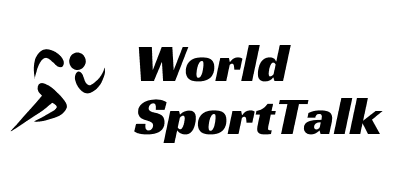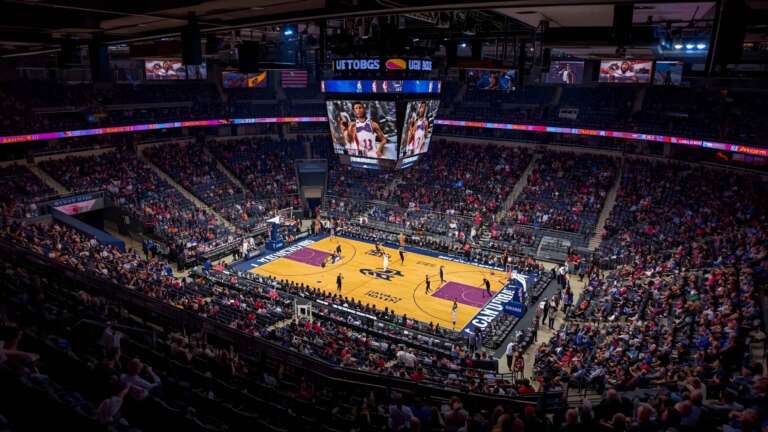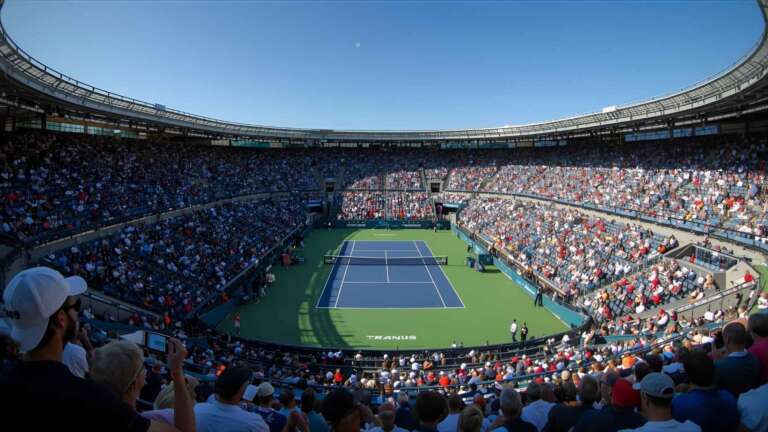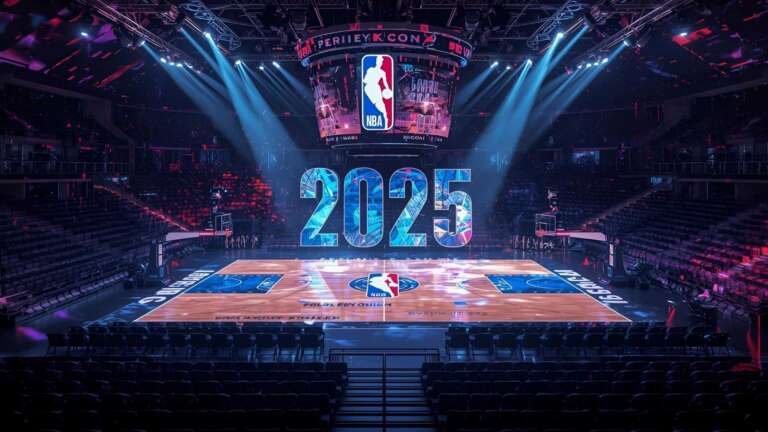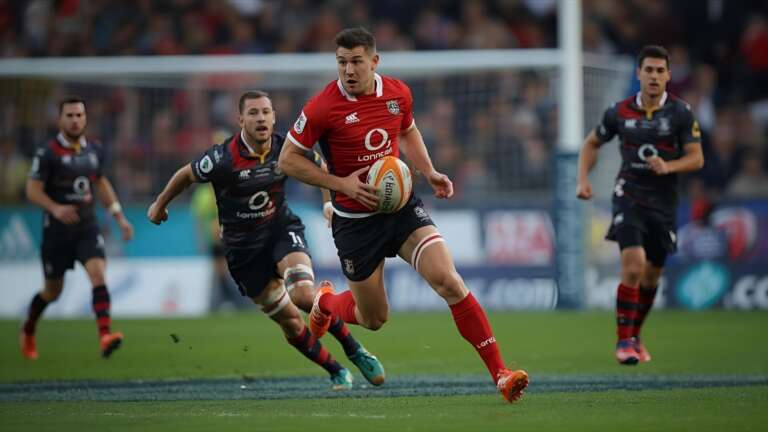Balancing Fitness and Recovery like a Pro
When we think of professional athletes, we often picture grueling workouts, endless training sessions, and peak physical performance. But what separates elite athletes from the rest isn’t just how hard they train—it’s how well they recover. Striking the right balance between fitness and recovery is the secret to long-term success, and it’s a lesson we can all apply in our own lives.
The Importance of Recovery
For athletes, recovery isn’t about taking time off—it’s about rebuilding the body to perform even better. Without proper rest, muscles can’t repair, energy levels drop, and the risk of injury increases. That’s why recovery is treated as an essential part of training, not an afterthought.
Sleep: The Ultimate Performance Booster
Top athletes treat sleep as seriously as training. LeBron James reportedly aims for 8–10 hours per night, while tennis stars like Roger Federer have emphasized its role in longevity. Quality sleep supports muscle recovery, hormone balance, and mental sharpness.
Nutrition: Fueling the Body to Rebuild
Recovery is powered by nutrition. Pro athletes carefully plan meals rich in protein, complex carbs, and healthy fats to restore energy and repair muscles. Hydration also plays a crucial role—dehydration slows recovery and reduces performance.
Active Recovery
Not all recovery means complete rest. Many athletes engage in active recovery, such as yoga, swimming, or light cardio, to boost circulation, reduce soreness, and maintain mobility without overloading the body.
Mental Recovery
Physical rest is only part of the equation—mental recovery matters too. Practices like meditation, mindfulness, and downtime with family help athletes reset mentally, keeping stress levels in check and focus sharp.
Applying It to Everyday Life
While most of us aren’t competing in the Olympics or World Cup, the same principles apply. Incorporating rest days into a workout routine, prioritizing sleep, eating balanced meals, and giving yourself mental breaks can help you perform better—whether in the gym, at work, or in daily life.
The Takeaway
Professional athletes understand that training hard is only half the battle. By balancing fitness with recovery, they unlock consistency, longevity, and peak performance. Their biggest lesson for us? Success doesn’t just come from pushing your limits—it comes from knowing when to recharge.
How Athletes Train Their Minds for Success
